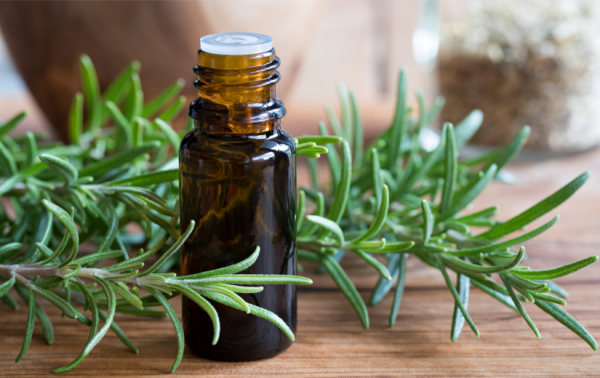
Rosemary, such a well known herb that it needs no introduction!
It was originally found in France and the Mediterranean, and has been used for centuries stemming from a rich history of use by the ancient Greeks and Romans. It is best known for its culinary uses, however it has many ancient uses as well! It was used in ceremony and funerals, special events, and even in churches and places of worship to ward off evil spirits and energy. It was burned in hospital rooms to disinfect the space, was worn on the heads of students to help them retain their memory during exams, and it even became a symbol for love and was often present at weddings.
Aside from its ritualistic uses, Rosemary is a great herb for increasing blood flow and circulation due to its actions on smooth muscle spasms of capillaries and arteries. It also increases blood flow to the brain that improves cognition, memory, and sight. It is a great nervous system tonifier and helps lift spirits when in a depressive mood.
Rosemary's actions include:
- Relaxant (nervous system)
- Antioxidant
- Sedative
- Antidepressant
- Antiseptic
- Anti-inflammatory
- Antispasmodic
Rosemary helps reverse memory loss, prevent dementia, and repair cognitive dysfunction through its neuroprotective and anticholinesterase (enzyme) actions. When the body is in a diseased state which results in Alzheimer's or Dementia, there is an enzyme that breaks down these neurotransmitters that cause memory loss. The acids within Rosemary are natural inhibitors of this enzyme, which is why Rosemary does such an amazing job at improving memory loss within Alzheimer's and Dementia.
Rosemary can be taken by inhaling the volatile oils, as an infusion, through an herbal tea, or as a dried capsule. Although it can be taken in these various ways, using Rosemary's volatile oils will be the most beneficial when trying to improve and enhance memory, aide in elderly memory loss, Dementia, and stress memory loss.
Studies have shown that inhaling Rosemary essential oil for 3 minutes have shown an increase in brain waves that improve alertness and lower anxiety. Carnosic acid provides its antioxidant action, which helps to decrease oxidative stress and increase the antioxidant enzymes within the hippocampus - the memory centre of the brain.
It is most commonly used at Melbourne Wellness as a tincture or as a tea infusion, but it can also be used as an essential oil, dried herb in baths, and as an ointment or rub. As a note, when taking the dried extract, the dosage is important as too high dose will actually impair memory rather than enhance it. Safety is also cautioned with pregnancy, but other than that, it is a safe herb to incorporate into your daily routine.
Written by, Herbalist, Sheree Wall

